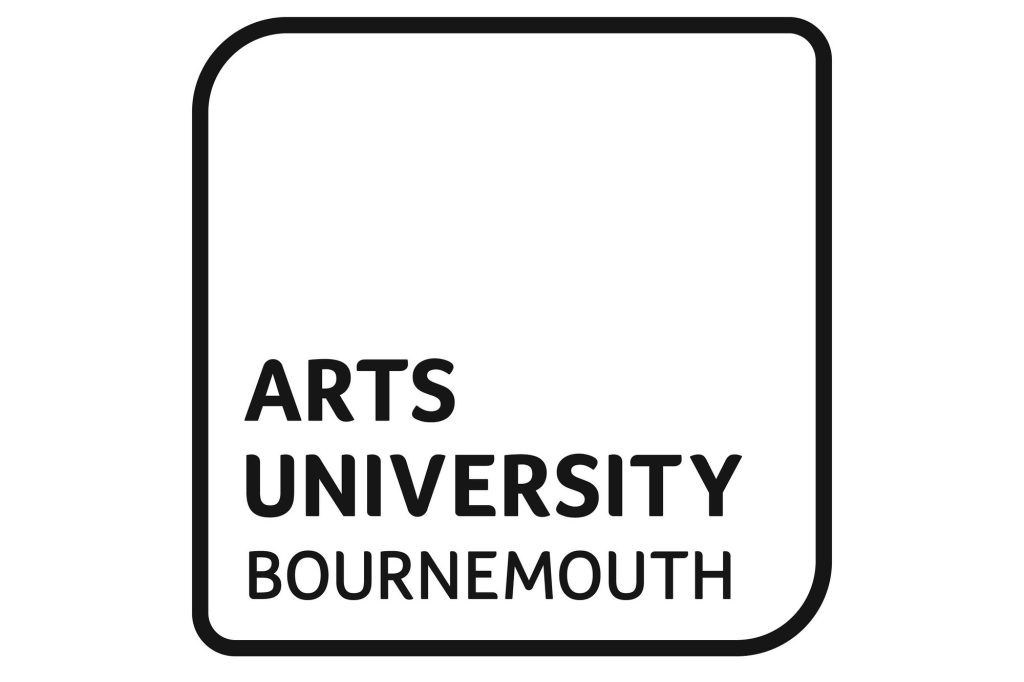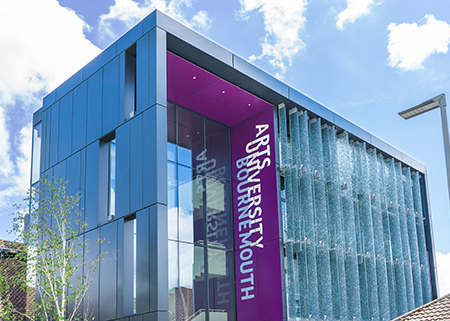
With an increasing demand for designers who can rise to the needs of contemporary living, experts are needed who can create spaces, buildings and environments that are not only creative and diverse, but also recognise current and future sustainable and wellbeing standards.
Whether you’re a graduate with a related degree, an interior design professional or an aspiring interior or architectural interior designer wanting to further your existing practice knowledge, the MA Interior Design programme will help you make your mark on this exciting field.
It will provide opportunities for those interested in enhancing their specialist practice knowledge in the interior, architectural, product or textile design disciplines, providing a broad spectrum of knowledge to take forward into future careers.
This unique course is designed to blend research and practice with creative theory. The programme’s varied curriculum considers interior design in its broader context with a strong underpinning delivery of sustainability and design for wellbeing, including the benefits of biophilic design, which increases connectivity to the natural environment through the use of direct nature, indirect nature, and space and place conditions.
The multi-faceted elements of the MA encourage new ways of creative thought. Each of its seven modules will look at existing problems and how designers can respond to the changing needs of clients in a creative, experimental way.
Through discussion and theoretical exploration, linked to evidence-based design solutions, this will guide you in developing a thoughtful approach to designing interiors, installations, and buildings. You’ll also understand how to create solutions and spaces for occupants, in a variety of self-selected environments.
Just as importantly, we’ll explore topics such as collaboration, experience, transition, inclusivity, and diversity – and you’ll learn how to translate these points into interior design solutions that spearhead an inspiring, sustainable existence.
Share your details in order to receive information about this high quality online masters course.
Duration: two years
Delivery: online and part-time
Start dates: January, May and September
Next welcome week: 11 September 2023
Next course start date: 18 September 2023
Application deadline: 28 August 2023
Total course fee: £8,500
Whether you’re a graduate, a professional or an aspiring interior or architectural interior designer, the MA Interior Design online programme will help you make your mark on this exciting field. It provides opportunities for those interested in a variety of design disciplines, providing a broad spectrum of knowledge to take forward into future careers. Whether your interests lie in either commercial or domestic design, or whether it is interior design, architectural interior design, or interior spatial design, the curriculum will support you in establishing a career in your specialism of choice.
The course covers interiority as a whole and therefore aimed at those who are also interested in wanting to specialize in research within interior products, for example, or textiles materials and surface finishes. They can all be explored and integrated into your specialist practice.
This introductory module will equip you with the knowledge needed to tackle your studies with confidence. We’ll go over the programme structure, research and academic standards, learning and assessment methods, project outcomes and expectations, and evidence-based design techniques.
We’ll investigate the different forms of interior design across various sectors, such as retail, hospitality, leisure, education, exhibition, and healthcare design. You’ll get to explore your own specialist practice interests and define a personal research focus for your studies.
With this module, you’ll focus on how to implement a sustainable approach to domestic and commercial design projects. You’ll learn about identifying and sourcing materials, fixtures and fittings for sustainable wellbeing, plus concepts such as biophilic design and passivhaus approaches to deliver net-zero-ready new and existing buildings.
As its title suggests, the Collaboration module focuses on developing a collaborative, practice-based approach to interior design. We’ll look at integrating interior design techniques with healthcare and lifestyle living, and what can be accomplished from collaborative usability.
This module focuses on the interior design of commercial spaces – from the initial concept stages through to planning and interior detailing. You’ll study the principal aspects of commercial interior design including function, aesthetic, user requirements, and constraints of the building envelope.
Together, we’ll explore the meaning of reinvention within interior design and how designs can be enhanced by transforming old features into new ones. Through this module, you’ll understand how to make creative, sustainable work by repurposing materials, styles, spaces, and structures.
Your lessons and coursework for this module will introduce you to a different view about how we use the five senses - vision, hearing, smell, taste and touch - to enhance the user experience. Alongside this, we’ll explore complex theories around spatial awareness, premonition, intuition, and meanings of interiority, space and time.
During this module, you’ll learn about designing for diverse occupancy within domestic, work, and educational environments. By examining cultures from across the world, we’ll also research how designers can create spaces that support multigenerational and community living.
The Research Methods module will help you investigate and select a strong, original topic for your Master’s Project. You’ll be introduced to a range of approaches to research design and how to make effective links between theoretical frameworks and their practical application.
As the final part of the course, your Master’s Project will require you to work independently under supervision, to produce a research-informed project on a topic chosen by you. It’s your opportunity to further explore your specialism of interest and showcase all the knowledge you’ve gained.
Benefits of learning online with us

• No visas or moving costs
• Access course from anywhere in the world
• Spend approx. 20-25 hours studying each week
• All course materials are available on demand
• Revise on the days and times that suit you best
• Course modules broken down into weekly segments
• Fit studies around work, family and social life
• Support with non-academic queries from a student adviser team

The MA Interior Design programme is a fantastic platform to build the expertise you need to make strides in the interior design industry.
Whether you see yourself working as an in-house designer, a consultant, or a contractor, you’ll be able to consider a number of different roles.
After graduation, you’ll be prepared to follow your interests into a variety of domestic or commercial design environments. Some examples include:
Interior design teaching is another career path you could explore after completing your MA.
The MA Interior Design programme is a fantastic platform to build the expertise you need to make strides in the interior design industry.
After graduation, you’ll be prepared to follow your interests into a variety of domestic or commercial design environments. Some examples include:
Spatial interior designer:
This is a relatively new conceptual design discipline that crosses the boundaries of traditional design specialisms, such as interior design, architecture, landscape architecture, landscape design, and urban design. Spatial interior designers create interior and exterior spaces that enhance the user experience.
Exhibition designer:
Make use of your skills in technical drawing and creative design to produce innovative display stands and captivating spaces. This could be for museums, galleries, libraries, private businesses, or for events or conferences.
Textile designer:
Working in both industrial and non-industrial locations, textile designers create ideas for interiors and fashion. Your two-dimensional designs could be produced on knit, weave, printed, or textile products such as upholstery and clothing.
Set designer:
Set or production designers develop spaces for films, TV, and theatre. You’ll use your skills in visual aesthetics to create imaginative sets to fit a brief. The role could involve producing plans, models, and drawings as well as working with producers and directors.
Visual merchandiser:
You could work within the retail industry as a creative ambassador in visual merchandising. You’ll consider elements such as layouts, aesthetics, and colour to enhance the customer experience and maximise sales.
Interior product designer:
As a product designer, you could pursue a career in areas including furniture or lighting design. You will have an eye for detail and may work with craftsmen and manufacturers. You’ll typically follow a brief to research ideas, prepare sketches, and produce and test prototypes.
Interior design specialisms:
The Society of British and International Design (SIBD) identified its specialist disciplines of interior design, which show some areas you could choose to pursue. These include: public space design, retail design, government design, workplace design, residential design, aeronautical design, marine design, transport design, healthcare design and hospitality design.

Benefits of learning online with us
We encourage applications from students with a broad range of qualifications and we welcome students from all educational backgrounds. We’ll take into account the knowledge and skills that you have developed outside the classroom, as well as your previous qualifications.
There are two different routes to entry: the standard and non-standard routes. Admissions staff will assess entries to determine which route is appropriate for you when you apply.
Students accepted on the standard route are given offers based on qualifications and supporting documentation alone. If you do not have a qualification at the designated level or in a subject not directly related to the course to which you are applying, you’ll be contacted to request a portfolio, and/or given an interview date.
You’ll have a BA (Hons) degree graded at 2.2 or above, or an equivalent UK or international qualification in your chosen subject or a related discipline.
Standard route – Overseas
As an overseas applicant, you’ll need to validate your proficiency in English. We accept a range of English language qualifications:
IELTS, Pearson, and TOEFL scores must be less than two years old at the time the course commences to be valid.
Non-standard route
If you do not have the standard academic qualifications, you could still be considered for entry if there is sufficient evidence to indicate that you can fulfil the objectives of the course of study and achieve the standard of the final award. An example of this would be to showcase a portfolio of work as requested by the admissions team.
We also welcome applications from anyone with other qualifications or work experience that demonstrates appropriate knowledge and skills to study at postgraduate level.
If you’re unsure whether you’re eligible to apply, please get in touch with our course adviser team for advice.
Share your details in order to receive information about this high quality online masters course.

Fuel your ambition and achieve a big increase in your earning potential by studying one of our high quality flexible master programs developed by some of the top British Universities.
® London House Academy 2023 | Powered by diho.mx